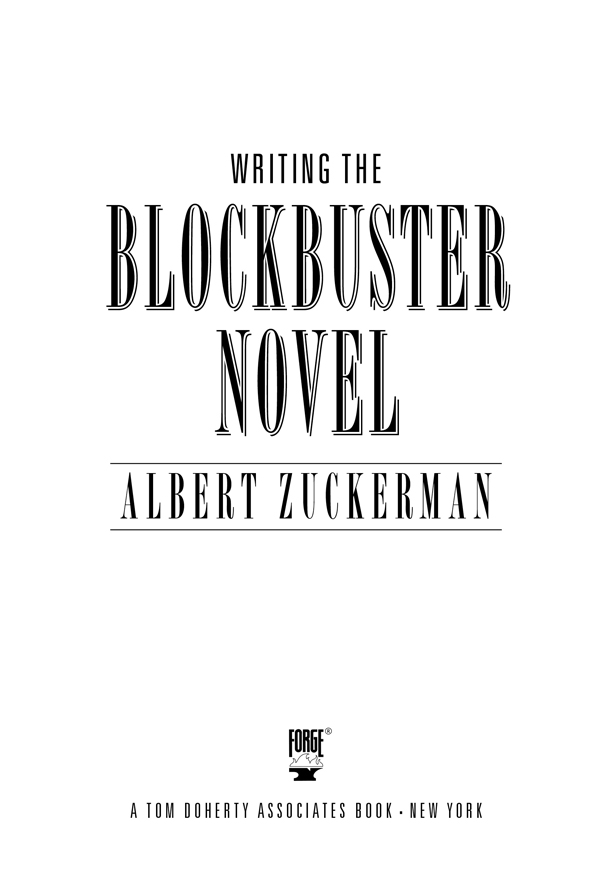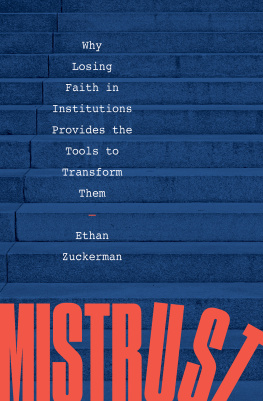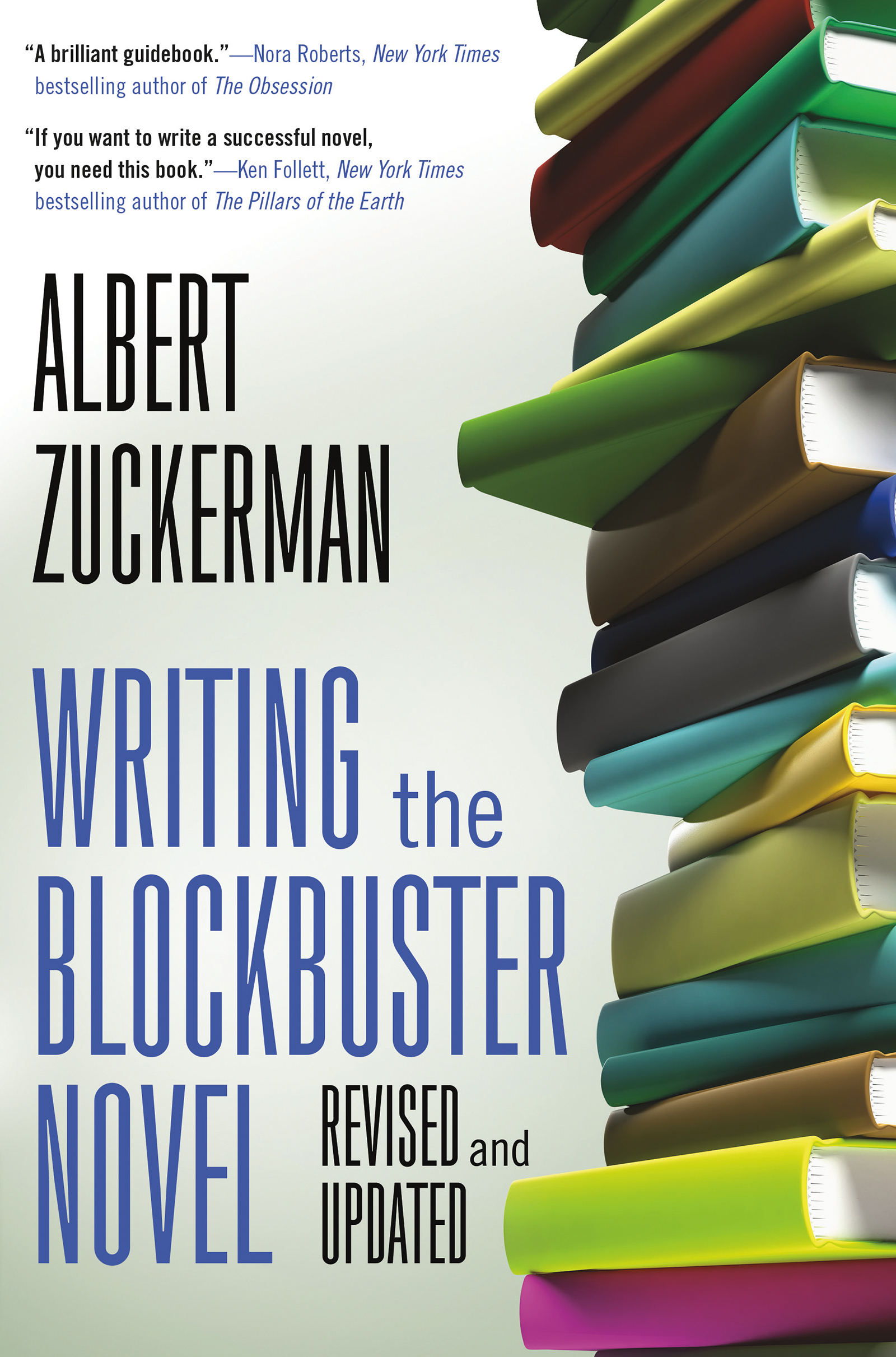Contents
Guide

The author and publisher have provided this e-book to you without Digital Rights Management software (DRM) applied so that you can enjoy reading it on your personal devices. This e-book is for your personal use only. You may not print or post this e-book, or make this e-book publicly available in any way. You may not copy, reproduce, or upload this e-book, other than to read it on one of your personal devices.
Copyright infringement is against the law. If you believe the copy of this e-book you are reading infringes on the authors copyright, please notify the publisher at: us.macmillanusa.com/piracy.
I dedicate this book to some authors of mine who have written blockbuster novels that, for one reason or another, never achieved the huge recognition that they deserved.
Michael Peterson for A Time of War,
Robert Shea for Shike,
F. Paul Wilson for The Keep,
Tim Willocks for The Religion,
and Jim Fergus for One Thousand White Women.
Writers as a rule are chary of exposing their mistakes, false starts, anything less than their polished final work. That Ken Follett is allowing me to publish a goodly amount of his first-draft material is a little amazing and most generous. What this book hopes to accomplish and what gives it great potential value to you the reader would not exist without his extraordinary courage and kindness in allowing me to use this material.
Nora Roberts, our perennially revered, bestselling client, also deserves my gratitude. Without her fine work on The Witness, this would be a much poorer book. And I acknowledge, too, my great debt to Mario Puzo for providing me with so many wonderful examples from The Godfather, to Colleen McCullough for doing the same with The Thorn Birds, and last but certainly not least, to the memory of Margaret Mitchell for providing us with so brilliant a demonstration of the novelists craft in Gone With the Wind.
Also, six editors at Dan Weiss Associates made comments on the first draft, some of them scathing, which actually were useful, and I am grateful to them and to Dan for having organized this critical effort.
Simon Lipskar deserves a special word of appreciation for setting up the first few chapters and especially for the laborious task of going through all four drafts of the outline of The Man from St. Petersburg and eliminating the repetitive material from draft to draft as well as summarizing sections of it to create continuity. He also read the completed first draft and made some sharply insightful suggestions for revision, and I thank him for those, too.
Finally I want to thank my good friend and publisher Tom Doherty for taking a chance on a twenty-two-year-old book, and Melissa Singer for her scrupulous editorial work.
There are three qualities a storyteller needs above all others. He or she must be (a) imaginative, (b) literate, and (c) stubborn. But you can have all three and still write a bad book. I know. I wrote several.
Ever since I can remember, Ive had elaborate daydreams about what I would do if I were shipwrecked on a desert island, or became a millionaire, or had to fight in a war.
When I was a baby, my mother told me stories all the time. I dont know whether this nurtured my imagination or I simply inherited her ability. Either way, by the time I got to school I could make up stories as easily as kick a football.
When my own children were young, I would tell them fantastic tales extempore. Standing at a bus stop, my son would ask me why some buses were red and others green. (In those days London buses were all bright red and country buses were green.) I would say, The one to get on is the blue bus. It takes you anywhere you want to go in the twinkling of an eye, but it only comes along once in a lifetime. If we catch it, I want to go to the Wild West and meet Billy the Kid. Where do you want to go?
If you are the kind of person who can do that, youre imaginative. But dont be swollen-headed. Thank your mother.
Writers also need to be more literate than the average. Most people find it fairly difficult to put their thoughts down in writing. They can write a letter to a friend or send a memo to a colleague, but ask them to write a four-page report or an article for the local newspaper and they get nervous.
I feel the same way if someone asks me to help fix a car that wont start: I sort of know what is required, but it will take me all day to do what another person would achieve in five minutes. I wasnt brought up in a car-fixing family; I was brought up in a reading family. The only way you get to be highly literate is through years of reading and writing.
Most writers I know are interested in obscure questions of spelling and grammar. For example, is there a difference in meaning between each other and one another? Some people say that each other should be used where just two people are involved and one another for three or more. Copy editors may correct a writer who fails to follow this rule. But some authorities maintain there is no difference, and certainly ordinary speech does not distinguish the two.
Are you thinking this is a perfectly trivial question? If so, you probably arent going to be a professional writer. Words are our tools, and subtle distinctions are important even if readers are not consciously aware of them. When I first came across this business about each other and one another, I was mildly panicked at the thought that I might have been misusing these phrases all my life.
Writers are generally fascinated by puns, word games, variant spellings, regional dialects, forms of Pidgin English, new coinages, and everything to do with the language they use. In the same way, painters are usually fascinated by the way light falls on surfaces and changes the way things look. Youll never be a writer if you dont love the language you use.
Finally, you need to be stubborn. Most people who set out to write a novel never finish it.
At first youre kept going by the novelty (pardon the pun) of the process: inventing characters and drama right out of your head. But when you have fifty or a hundred pages written, you realize that youre going to have to do this for another six months or a year to finish it. You think of all the movies youll miss, all the evenings in the pub with your friends, all the TV shows you wont see, all the jobs around the house that wont get doneand for what? For a novel that in all probability no one will ever want to read. At this point most people give up. A few, however, say, The heck with it, maybe nobody will ever want to read it, but Ive started it and Im going to finish it.
Anyone with these three qualities can write a novel. If you want to write a successful novel, you need more. You need this book.
My first novel was not a big bestseller. It was published as a paperback original in Britain, the United States, and Germany. You may still be able to get it in the States. Its called The Big Needle, and the only reason it sold well is that people mix it up with Eye of the Needle.
If you read it, youll see what kind of book a person writes who has the three qualities Ive mentioned but totally lacks craft.
My journey from The Big Needle to Eye of the Needle was taken in the company of Al Zuckerman, the author of the book you hold in your hand.
At first I thought Al was a know-all. He always had something negative to say about my ideas for books, my outlines, and my drafts. I was being published in Britain, but after The Big Needle, he could never sell my stuff to American publishers, and he always had some damn excuse.





